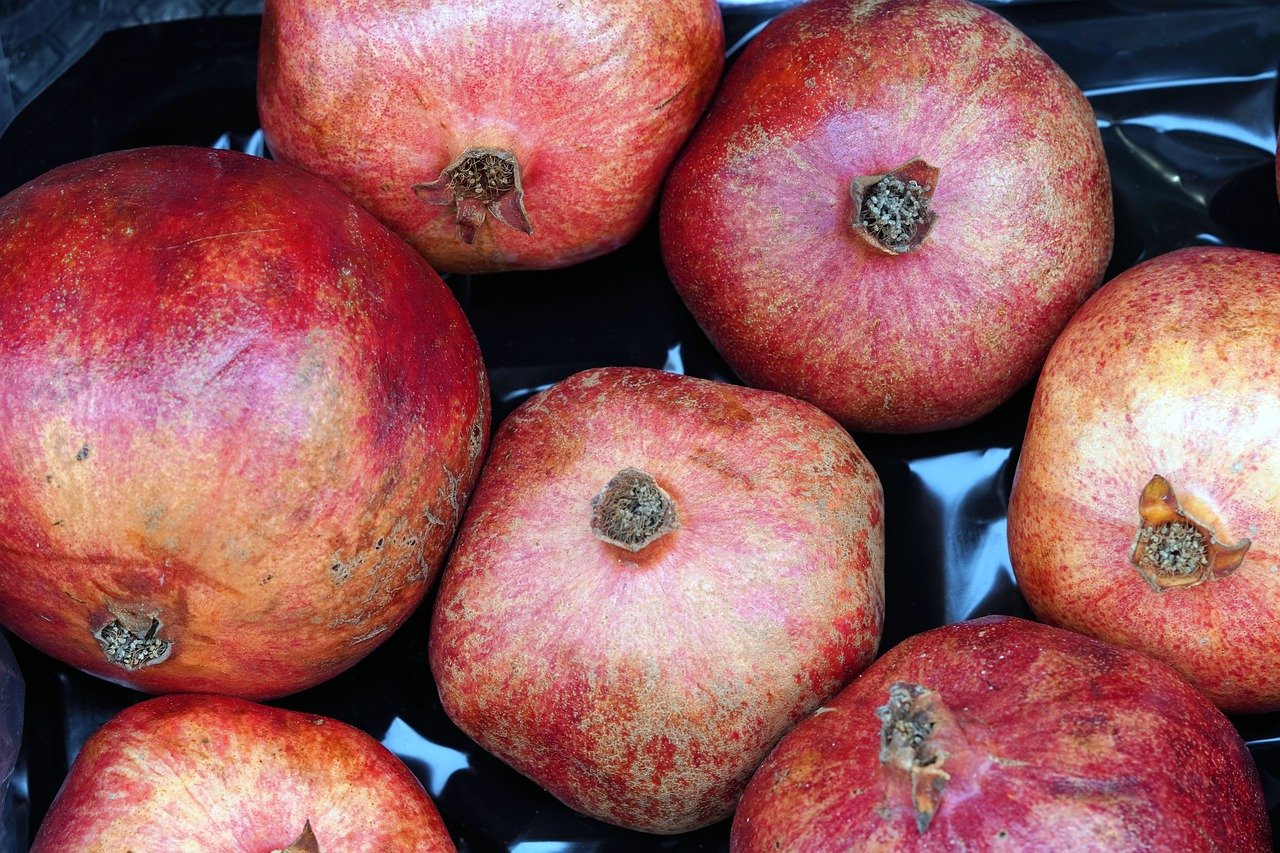The Paleo diet, often referred to as the “caveman diet,” has surged in popularity over the last decade. This dietary lifestyle is rooted in the premise that our bodies are best suited to the natural foods that our ancestors consumed during the Paleolithic era. In a world inundated with processed foods and artificial additives, many individuals are turning to the Paleo diet to improve their health, achieve weight loss, and regain vitality. But what exactly is the Paleo diet, and how can it benefit you? Let’s explore the ins and outs of this dietary approach.
Understanding the Paleo Diet
What is the Paleo Diet?
The Paleo diet advocates for eating the same foods that our hunter-gatherer ancestors enjoyed thousands of years ago. The core principle is to consume whole, unprocessed foods that are believed to be more aligned with our genetic makeup. The following foods are typically included in the Paleo diet:
- Grass-fed meats
- Fish and seafood
- Vegetables
- Fruits
- Nuts and seeds
- Eggs
Conversely, the diet excludes the following:
- Processed foods
- Dairy products
- Grains
- Legumes
- Sugar and artificial sweeteners
The Science Behind the Paleo Diet
The rationale for the Paleo diet is based on the evolutionary argument that modern humans are still adapted to the diets of our Paleolithic ancestors. The following findings support this approach:
- **Reduction of chronic diseases**: Research indicates that traditional diets with less processed food are linked to lower rates of diabetes and heart disease.
- **Improvement in weight management**: Many followers of the Paleo diet report successful and sustainable weight loss.
- **Better digestion**: Eliminating processed foods from the diet can lead to improved bowel health.
Benefits of the Paleo Diet
Adopting the Paleo diet can lead to numerous health benefits. Here are some major advantages:
- Weight Loss: By focusing on whole foods and eliminating empty calories, many people find they can effectively manage their weight.
- Improved Heart Health: The intake of healthy fats, lean proteins, and a reduction of refined sugars contributes to better cardiovascular health.
- Enhanced Energy Levels: Followers often report sustained energy throughout the day, preventing the energy spikes and crashes associated with refined carbohydrates.
- Reduced Inflammation: The diet is rich in anti-inflammatory foods which may help alleviate symptoms of chronic inflammation.
Practical Tips for Following the Paleo Diet
Getting Started
Making the transition to a Paleo diet involves careful planning and consideration. Here are some practical tips:
- Clean Out Your Pantry: Remove processed foods and diet saboteurs to make room for fresh, whole foods.
- Make a Shopping List: Plan meals in advance and create a list that includes lean meats, vegetables, fruits, nuts, and seeds.
- Prepare Your Meals: Batch cooking can save time. Prepare meals and snacks ahead of time to avoid temptations.
Simple Paleo Recipes
Incorporating the Paleo diet into your lifestyle can be delicious. Here are two simple recipe ideas:
- Paleo Breakfast Bowl: Sauté spinach in olive oil, add scrambled eggs, and top with avocado and tomatoes.
- Paleo Stuffed Peppers: Fill bell peppers with ground turkey, chopped vegetables, and seasonings, and bake until cooked through.
Challenges of the Paleo Diet
Common Obstacles
While the Paleo diet may offer many benefits, there are potential challenges and criticisms:
- Cost: Whole, organic foods can be more expensive than processed alternatives.
- Social Situations: Dining out or attending social gatherings may pose challenges due to limited options.
- Nutritional Deficiencies: Avoiding entire food groups like dairy and grains could lead to deficiencies in calcium and fiber.
Conclusion
The Paleo diet offers a comprehensive framework for aligning one’s eating habits with a more natural and wholesome approach to nutrition. By focusing on whole foods, eliminating processed items, and consuming a balanced diet rich in fruits and vegetables, many individuals find improvement in their health and well-being. While the Paleo diet may not be for everyone, its principles can inspire a more mindful way to eat. As with any diet, it’s important to listen to your body and make adjustments as necessary. If you’re considering adopting the Paleo diet, consult with a healthcare provider or dietitian to ensure it meets your nutritional needs.






